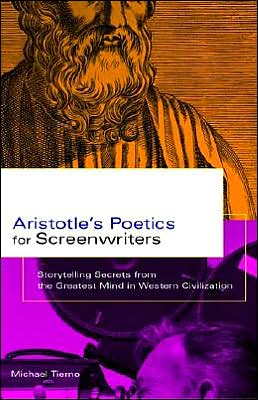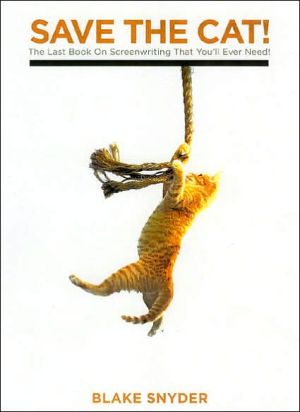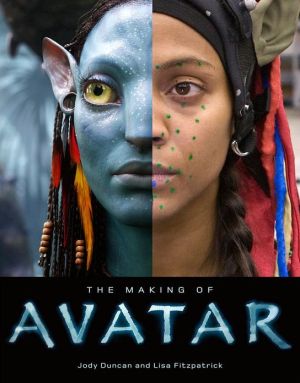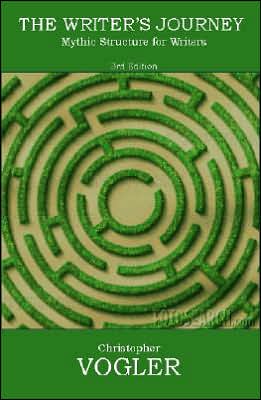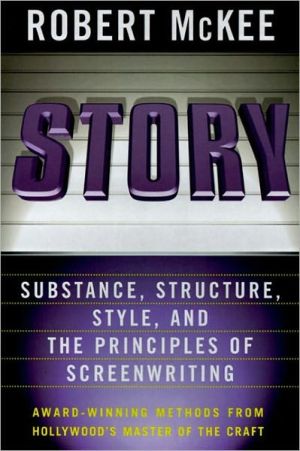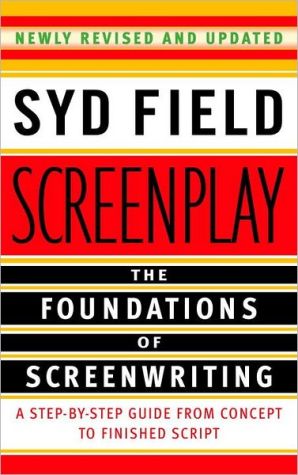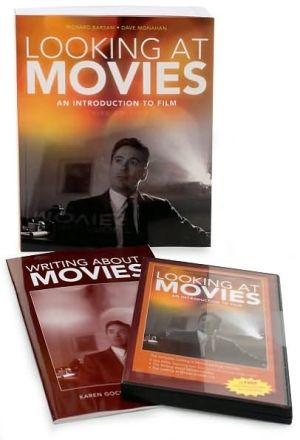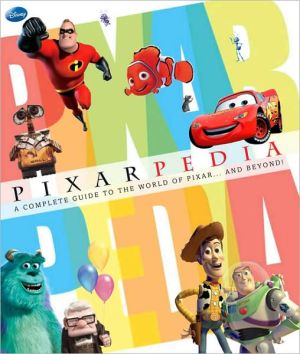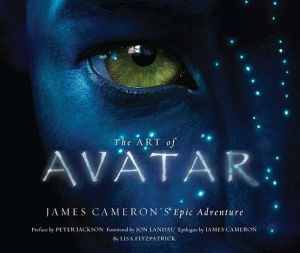Aristotle's Poetics for Screenwriters: Storytelling Secrets from the Greatest Mind in Western Civilization
An insightful how-to guide for writing screenplays that uses Aristotle's great work as a guide.\ Long considered the bible for storytellers, Aristotle's Poetics is a fixture of college courses on everything from fiction writing to dramatic theory. Now Michael Tierno shows how this great work can be an invaluable resource to screenwriters or anyone interested in studying plot structure. In carefully organized chapters, Tierno breaks down the fundamentals of screenwriting, highlighting...
Search in google:
Long considered the bible for storytellers, Aristotle's Poetics is a fixture of college courses on everything from fiction writing to dramatic theory. Now story analyst Michael Tierno shows how this classic work can be an invaluable resource for beginning and advanced screenwriters or anyone interested in studying plot structure. In Aristotle's Poetics for Screenwriters, Tierno examines the fundamentals of screenwriting using techniques outlined in the Poetics, then applies these concepts to modern movie classics, including Citizen Kane, Rocky, Pulp Fiction, and many more. This highly readable guide covers a multitude of topics, from plotting and subplotting to dialogue and dramatic unity. Along the way, Tierno also gives tips based on his years as a story analyst, where he has learned what studios look for when they read a screenplay. His quick wit and easy-to-follow explanations of some of the Poetics' most difficult passages illuminate one of the most important books on story structure ever written. Variety.com Makes the precepts accessible with easy comparisons to contemporary hits.
PrefacexviiIntroduction: The Action-Idea11.Let's Start at the Very Beginning, Middle, and End72.Why You Want Your Movie to Be a Bomb!133.The Subject Is an Action ... Not a Person194.Forget Sub-plotting--the Best Plots Have One-Track Minds255.Plot Is Soul316.The Ends Are Always in the Means of the Plot337.Why Is My Beautiful Plot Growing a Hand Out of Its Head?378.The Four Species of Plot419.What the Poetics Says About Epics Like Lord of the Rings4710.Destiny Is an Accident Waiting to Happen5511.Keep It in the Family ... The Tragic Deed5912.Oops! I Caused My Own Undeserved Misfortune Again6313.How a Little Moralizing Turned a Gladiator Gore Fest into a Best Picture7114.A Movie Is Long Enough, So It Ends Happy or Sad7515.If You're Happy and You Know It ... Time for a Reversal of Fortune and Discovery7916."It Scared Me Because I Saw It Coming" ... The Rolls Royce of Complex Plots8317.The Devil Is in the Realistic Details of the Plot of Angel Heart8718.Whatever Causes the Action Better Be Up There on the Screen9319.A Movie Gave You a Bad Case of Pity and Fear? The Doctor Recommends a Catharsis9720.Action Speaks Louder Than Words, and Together They Can Speak Volumes!10121.The Perfect Hollywood Sad/Happy Plot versus the Perfect Poetics Sad Plot10522.Move Your Audience by Teaching Them What They Already Know10923.The Good, the Bad, and the Intermediate Hero11324.It's the Thought Behind the Action That Counts: Creating the Tone of Your Screenplay11725.How to Cheat If You Can't Hire a Whole Chorus11926.How to Create Characters That Are Really Really Really Alive12327.Dialog Is a Piece of the Action12928.If the Pitch Doesn't Fill Me with Horror and Pity, the Movie Won't Either13529.The Non-Linear Soul of Quentin Tarantino13930.If Your Story Were a Musical, Where Would the Numbers Be?14331.History Repeats Itself ... Real and Imagined14932.Aristotle's Take on the Importance of Drama15333.Aristotle Took Comedy Seriously157Closing Comments163
\ Variety.comMakes the precepts accessible with easy comparisons to contemporary hits.\ \ \ \ \ Publishers WeeklyThis earnest how-to puts a new spin on Aristotle as the master of philosophy, calling him not only the "greatest mind in western civilization," but also the "world's first movie story analyst." Asserting that Aristotle's Poetics has become a standard for constructing movies that reach audiences (and studio heads), Tierno, a director and Miramax story analyst, shows how to apply the basics of the great work to one's own screenplay. He introduces the "Action-Idea" as the way to understand the demands of the story, and debunks the belief that, in Poetics, Aristotle mandates a three-act structure. He also lays bare how people misread Aristotle's advice to employ the "imitation of a serious action." Tierno stresses the importance of ditching subplots for a story featuring "one complete action" and constantly supports his points with examples of successful films, such as Titanic and Rosemary's Baby. The frequent capsule plot summaries of favorites including The Godfather and Gladiator make Aristotle's instructions concrete, and Tierno helpfully breaks the movies down into plot essentials. Throughout, he is respectful but informal toward Aristotle. Tierno praises Aristotle for representing "beautiful truth," although the breeziness and the eager tone he takes may, at times, put off more serious readers. Still, screenwriters looking beyond the "three-act structure" mantra will find applicable strategies, and those who dismiss Aristotle as old hat will find their perceptions set straight with Tierno's modern movie examples. Agent, Susan Crawford. (Aug. 21) Copyright 2002 Cahners Business Information.\ \
